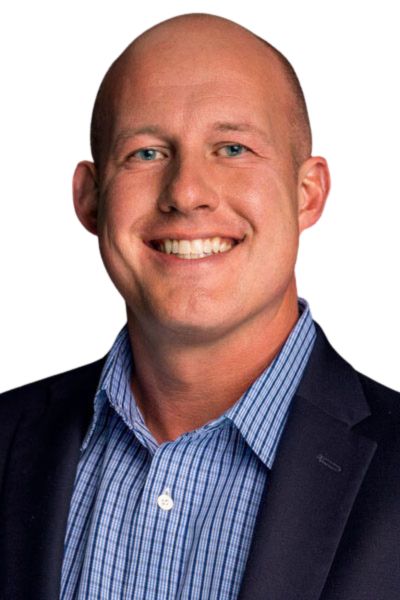The Elite Advisor Playbook: A Response to McKinsey

The response to our recently published whitepaper, “The Elite Advisor Playbook,” has showed us how we can continue to help financial advisors who are seeking to deliver excellence in both asset and practice management. We knew there was an appetite for these ideas but must concede we underestimated the extent to which advisors are yearning for practical solutions.
It seems that most of the resources presently available to advisors are binary and insufficient. They seem to fall into one of two categories:
- Readily available but unhelpful, fluff-piece advice
- Extremely expensive black-box solutions from McKinsey & Company or some other high-end consultant
We believe that somewhere in the middle is the opportunity to provide practitioner advice that can help advisors grow their business.
The operative word above is “practitioner.” As articulated in “The Elite Advisor Playbook,” the core client of Blueprint Investment Partners is the independent financial advisor. Our clients tend to be planning-focused, more tech-savvy, and very entrepreneurial. Many either started independent or broke away from a wirehouse. These advisors embody many of the characteristics of top financial advisors described herein, which we think gives us a keen perspective about the key differences between advisors who are average and the ones who are elite.
Equally important, we have been taking our own medicine and employing many of the same tactics we preach in the Playbook. We know firsthand both the trap doors and payoffs.
The Playbook’s Answers to McKinsey’s Questions
With the above as a background, McKinsey’s latest annual PriceMetrix report caught our eye this past week. Titled, “The State of North American Retail Wealth Management,” it focuses intently on the unprecedented challenges created by the COVID-19 pandemic.
The report concludes – somewhat annoyingly – with a set of questions that wealth managers must grapple with over the next several months.
In what follows, we answer those questions through the prescriptions described in “The Elite Advisor Playbook.”
1) How have the needs of my clients’ changed, and what have I done to change and meet those needs?
Today, we think top financial advisors are ones who are great marketers and excellent communicators.
This requires significant change and adaptation for most advisors, yet the most attainable way to be a marketer is to repurpose written client communications as outbound marketing campaigns to prospects and to track these touchpoints with a comprehensive client database.
2) Are there things I should stop doing?
YES!
Top financial advisors focus on client service above all else, in our view.
Therefore, we strongly advise that advisors cease doing everything that does not involve client service and advice, or as important, business development. The opportunity cost of focusing on anything else is too great.
As an asset manager, we acknowledge that we benefit when advisors “stop doing” list includes asset management. Investment outsourcing is a key tool for elite advisors, in our view.
3) Are there ways to extend my services to others whose needs are not being met by their current advisors?
In “The Elite Advisor Playbook,” we detail how advisors can implement scalable practice management systems. This includes an explanation of how to datafy customer exchanges, software every activity, and get the information flowing. This automates rote tasks and allows the advisor to spend more time either advising existing clients or attracting new ones.
4) As both my clients and I become more comfortable interacting digitally, should I make permanent changes to my service model? Perhaps expand my offering to serve clients in other jurisdictions?
In a digital, and especially a socially distanced world, a client checks their advisor’s blog and videos for the emotional reassurance they require and deserve.
We think top financial advisors are ones who are constantly communicating to provide reassurance, and the we think the best way to do so is with many communication channels.
Inherent in that statement is our belief that the client experience should be enhanced permanently by digitization, and not just in response to the pandemic. In our own experience, we have found that video meetings are not only acceptable and effective, but that they allow for more members of our team and the client’s team to participate without regard to logistics or expense.
5) With market performance enticing younger investors into the capital markets, am I doing enough to manage the demographics of my business through marketing, segmentation, and service delivery?
Despite all the changes in the financial services industry, the advisory business remains human at its core.
It is true that younger cohorts have been attracted to a digitized service delivery, but in a post-pandemic world, is that relevant anymore?
We believe top financial advisors have figured out that digital communications are a means to an end, with the goal of fulfilling all their clients’ emotional needs, not just those of the younger ones.
Past is Prologue
The results of the McKinsey study echo a theme we continue to witness and emphasize: In order to remain or become elite, we think advisors must continue adapting to the changing environment.
Fortunately, where there is need for change, there is also opportunity to improve, refine, and grow.

Jon Robinson
Let's Talk
If you’d like to share how your firm is tackling these issues
